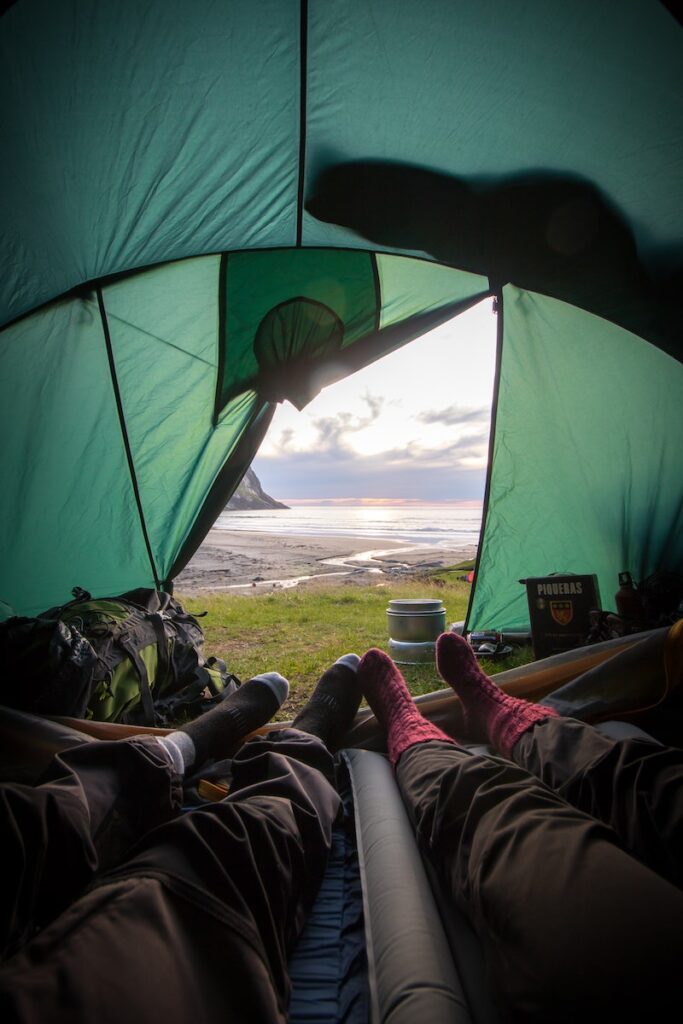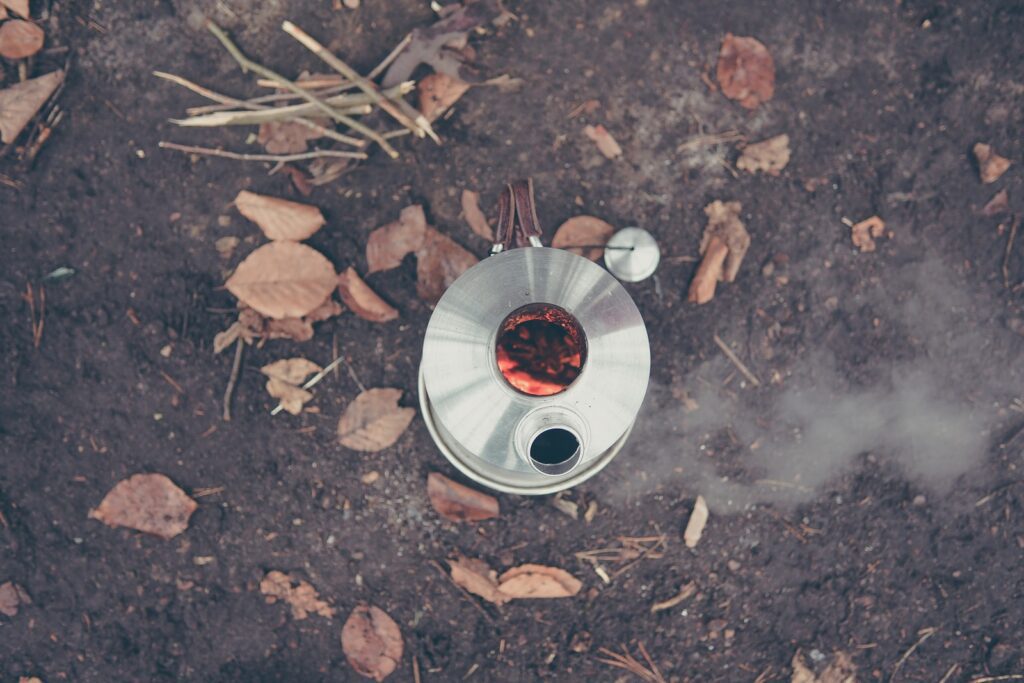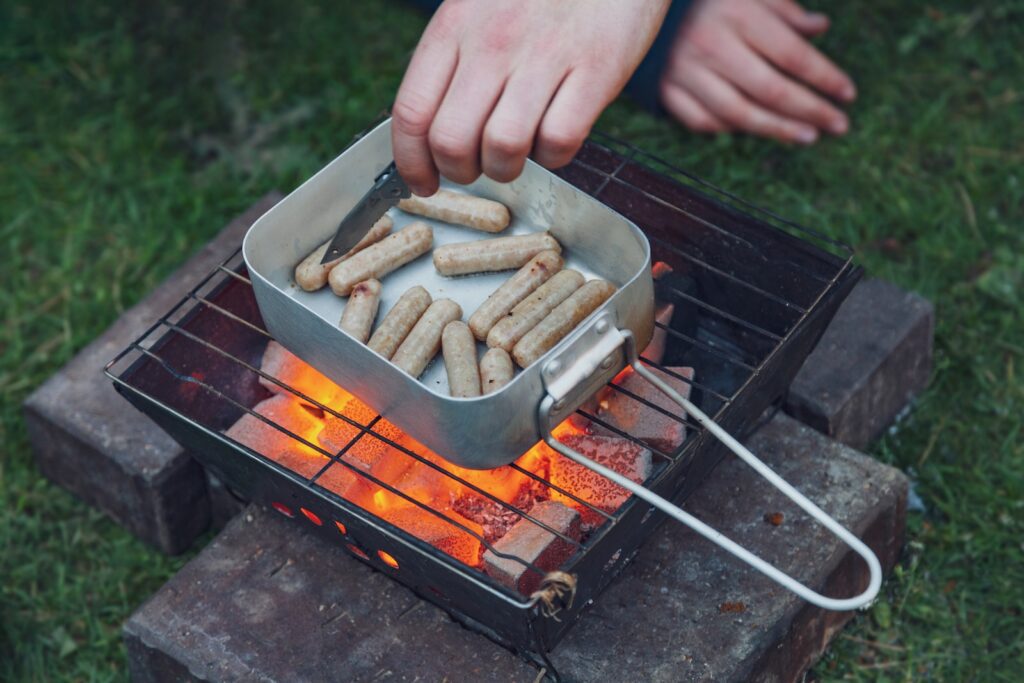Imagine this, you find yourself alone in an unfamiliar landscape. No cell signal, no GPS, no immediate signs of civilization. The thought is intimidating and you can feel the pangs of anxiety. But this article isn’t meant to scare you. Instead, we’re diving into the world of wilderness survival to help prepare you for the unexpected. It’s about highlighting the three most vital aspects of survival: shelter, water, and food.
Shelter: Your First Line of Defense

Why does shelter come first? Picture this. You’re stranded in a snowy landscape, icy wind whipping your face. Hypothermia can set in when your body temperature falls just a few degrees below the normal 98.6°F. In severe weather conditions, this can happen in less than three hours. That’s less time than an average college lecture.
According to a study by the US National Weather Service, the majority of hypothermia cases happen due to exposure to cold weather without proper protection or clothing. This shows the importance of shelter as your immediate protection against nature’s onslaught.
A well-constructed shelter can protect you from adverse weather, reduce heat loss, and even shield you from wildlife. Remember, a shelter isn’t just a roof over your head; it’s an energy conservation strategy. By staving off hypothermia, you’re conserving the body’s vital energy resources, which are necessary to perform other survival tasks.
Shelters can range from natural formations like caves to man-made structures like lean-tos and snow caves. The environment dictates the choice, but the goal remains the same—protection first. Here are some of the Best Emergency Shelters for Wilderness Survival.
Water: The Source of Life

Having secured your shelter, the next priority is water. Dehydration is an equally deadly foe. The human body, fascinatingly resilient, can only last about three days without water. This duration can be shorter in hot, arid conditions due to excessive sweating, highlighting the urgency of securing a water source.
A report by the Mayo Clinic advises that an average adult man requires about 3.7 liters of water per day, while a woman needs about 2.7 liters. These numbers underscore the importance of water in our survival strategy.
In the wilderness, water can be sourced from rivers, streams, morning dew, or even the transpiration process of plants. However, wilderness water sources can be contaminated with pathogens and harmful microorganisms. Thus, water must be treated, usually by boiling, before consumption.
The skill to locate water, knowing how to purify it, and ways to store it efficiently is as critical as finding the water itself. In your survival arsenal, the knowledge of water is a weapon you want to keep sharp.
Read: 330+ Survival Quotes
Food: The Fuel to Keep Going

With shelter and water secured, we move on to the third pillar of survival—food. Food seems obvious, doesn’t it? But it might surprise you that humans can survive up to three weeks without it. A scientific review published in the Western Journal of Medicine notes that while we can live without food for some time, prolonged lack of nutrition leads to weakened immunity and reduced cognitive function, among other health issues.
In the wilderness, finding food means tapping into the resources around you. It could involve fishing, hunting, foraging for edible plants, or setting up traps. Each ecosystem presents unique opportunities for sustenance. A lush forest may provide berries and game, while a desert might offer insects and certain hardy plants.
The trick to finding food in the wild is knowledge. Knowing what’s edible and what’s not could be a lifesaver. Remember, though, that food should never be consumed if there’s any doubt about its safety. The last thing you want in a survival situation is food poisoning.
Read: Long-term Food Storage for Emergency Survival
Conclusion: The Compassionate Takeaway
There’s an undeniable thrill to survival situations, often romanticized in reality shows and movies. But the reality is far from romantic. It’s challenging, it’s exhausting, and it’s relentless. The aim of this article is not to frighten but to prepare.
Survival, at its core, is about understanding and prioritizing basic human needs: shelter to protect, water to hydrate, and food to sustain. With this survival triage etched in your mind, you increase your odds of persevering and ultimately being rescued.
Remember, survival isn’t just about enduring until rescue. It’s about preserving your physical health and mental fortitude through an immensely challenging ordeal. So, equip yourself with this knowledge, and carry the confidence that comes with being prepared.

